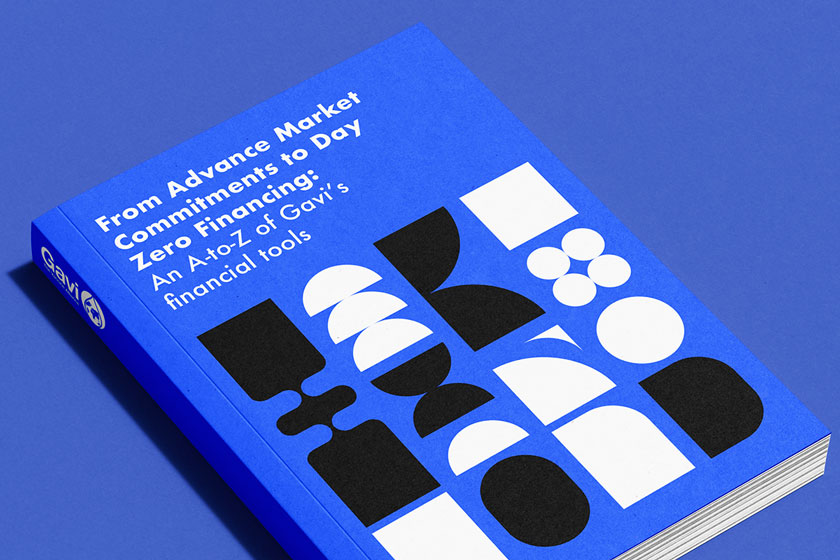
In 2016, Gavi added loan buydowns to its financing toolkit. For example, Lin a three-party partnership between Gavi, the Gates Foundation and the French Development
Agency (AFD), its Loan Buydown Facility provided Gavi with low-interest loans to improve immunisation coverage across Africa’s Sahel region – with the Gates Foundation stepping in with grants to help shoulder the loans’ repayment burden.
The COVID-19 pandemic exposed how fragile and inequitable the global vaccine supply chain can be, with wealthy countries securing early access to doses and lower income ones forced to join the back of the queue.
The result was a faster injection of funding to purchase vaccines and strengthen health systems in six African countries – Burkina Faso, Chad, Mali, Mauritania, Niger and Senegal – including introducing meningitis A, pentavalent, pneumococcal, rotavirus and yellow fever vaccines in Niger, and the pneumococcal vaccine in Burkina Faso, Mali, Mauritania and Senegal. The funding has also been used to strengthen Burkina Faso’s health system.
Africa Vaccine Manufacturing Accelerator (AVMA)
The African Vaccine Manufacturing Accelerator (AVMA) is a specialised financial tool designed to catalyse vaccine production in Africa by providing manufacturers with incentives to lower the commercial costs and upfront costs that they face.
The COVID-19 pandemic exposed how fragile and inequitable the global vaccine supply chain can be, with wealthy countries securing early access to doses and lower income ones forced to join the back of the queue. African countries were particularly affected: They import around 99% of their vaccines, making them heavily dependent on external supplies, and highly vulnerable in the event of global health emergencies.
AVMA aims to not only address this market failure and boost resilience in the event of a future pandemic, but also contribute to healthy global vaccine markets more generally by making up to US$1 billion available to support the sustainable growth of Africa’s manufacturing base.
Launched by Gavi, in collaboration with the African Union and Africa Centres for Disease Control and Prevention (CDC) it provides two types of financial incentives:
-
Milestone payments – awarded when a manufacturer achieves World Health Organization prequalification for a vaccine. These are designed to offset some of the costs associated with meeting this high international standard for quality, safety and efficacy.
-
Accelerator payments, which are per-dose top-up payments provided upon delivery of eligible vaccines. These are designed to make the production of vaccines more commercially viable by supplementing the price paid per dose.
Gavi’s Day Zero Financing Facility for Pandemics
This highly strategic financial tool is designed to enable low-income countries to respond quickly to emerging health emergencies, by providing up to US$ 2.5 billion of surge financing to support vaccine responses and achieve more equitable outcomes for the countries that Gavi, the Vaccine Alliance supports.
The Facility is made up of three elements. A First Response Fund is the fastest instrument to disburse and pre-positions up to US$ 500 million for rapid vaccine response in the event of a public health emergency.
The COVID-19 pandemic exposed how fragile and inequitable the global vaccine supply chain can be, with wealthy countries securing early access to doses and lower income ones forced to join the back of the queue.
The fund can also be used to prepare and support vaccine delivery systems in Gavi-eligible countries, so that they’re ready to receive those vaccines, and to keep routine immunisation programmes running.
Two further instruments provide additional surge financing for a vaccine response:
-
The Rapid Financing Facility allows Gavi to borrow up to US$1 billion against donor pledges from the US International Development Finance Corporation.
-
The European Investment Bank provides a further €1 billion in liquidity secured against donor grants.
